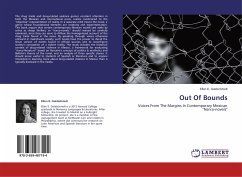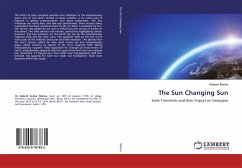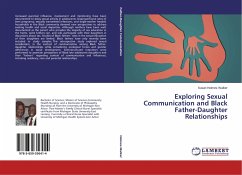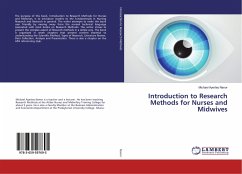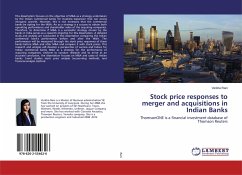The drug trade and drug-related violence garner constant attention in both the Mexican and international press, realms constrained to the "objective" representation of reality. In a separate orbit moves the novel, a genre whose foundational elements are creativity and experimentation. This book argues that certain contemporary Mexican novels cast aside by critics as cheap thrillers, or "narco-novels," should instead be carefully examined, since they can serve to diffuse the homogenized account of the drug trade found in the news. By speaking through voices otherwise unheard in mainstream society, such novels have the power to derail the linear version of events found in official sources and to reconfigure society's conception of a violent reality. The study includes the historical context of drug-related violence in Mexico, a framework for evaluating "narco-literature" based on Rancière's concept of politics & aesthetics and Bakhtin's theory of the novel, and an analysis of threespecific stories. It should prove useful to students of Spanish or literature and to anyone interested in learning more about drug-related violence in Mexico than is typically disclosed in the media.
Bitte wählen Sie Ihr Anliegen aus.
Rechnungen
Retourenschein anfordern
Bestellstatus
Storno

